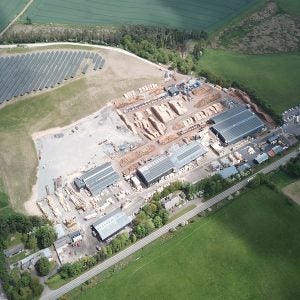The north African timber market remains a bright exception in the current weak economic environment for Setra, which has recorded operating profits of SKr1m (SKr204m) for the first nine months.
In the third quarter its operating profits hit SKr9m (SKr69m), and Setra blamed the decline on an imbalance between selling prices and raw material costs.
Its sales were steady at SKr3.4bn in the first nine months and down to SKr974m in the third quarter.
“The international market for wood products is still characterised by very considerable uncertainty,” said president and CEO Börje Bengtsson.
“Construction in Setra’s main markets in Europe remains at a low level and the public finance crisis is contributing to growing fears of an economic downturn.
“The north African market is a positive exception from otherwise very weak demand. The situation has gradually stabilised after the turbulence in the early spring and there are also expectations that sales to Libya will get under way.”
He said Setra predicted a continued tough autumn and winter for sawn timber.
Setra has already implemented local production cutbacks for the autumn and plans to close down production at all sawmills between Christmas and New Year. These measures will reduce production by about 90,000m³ of sawn product during the fourth quarter.






